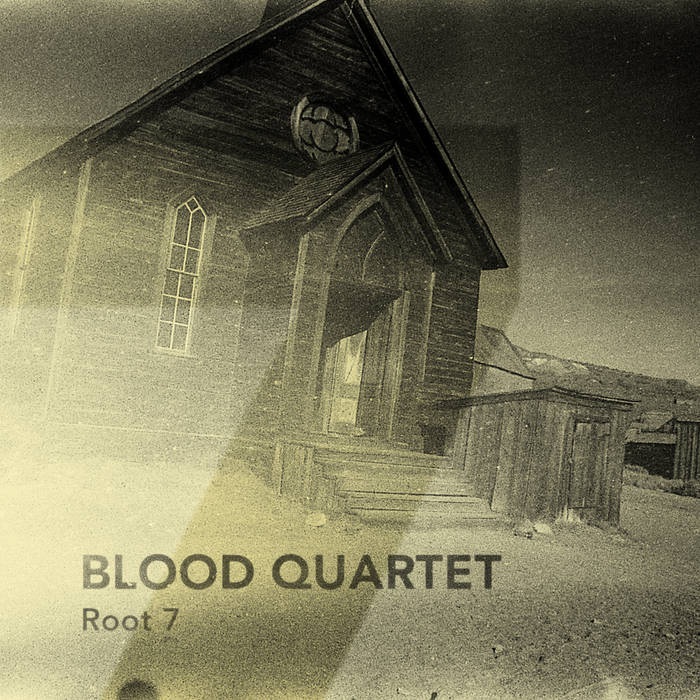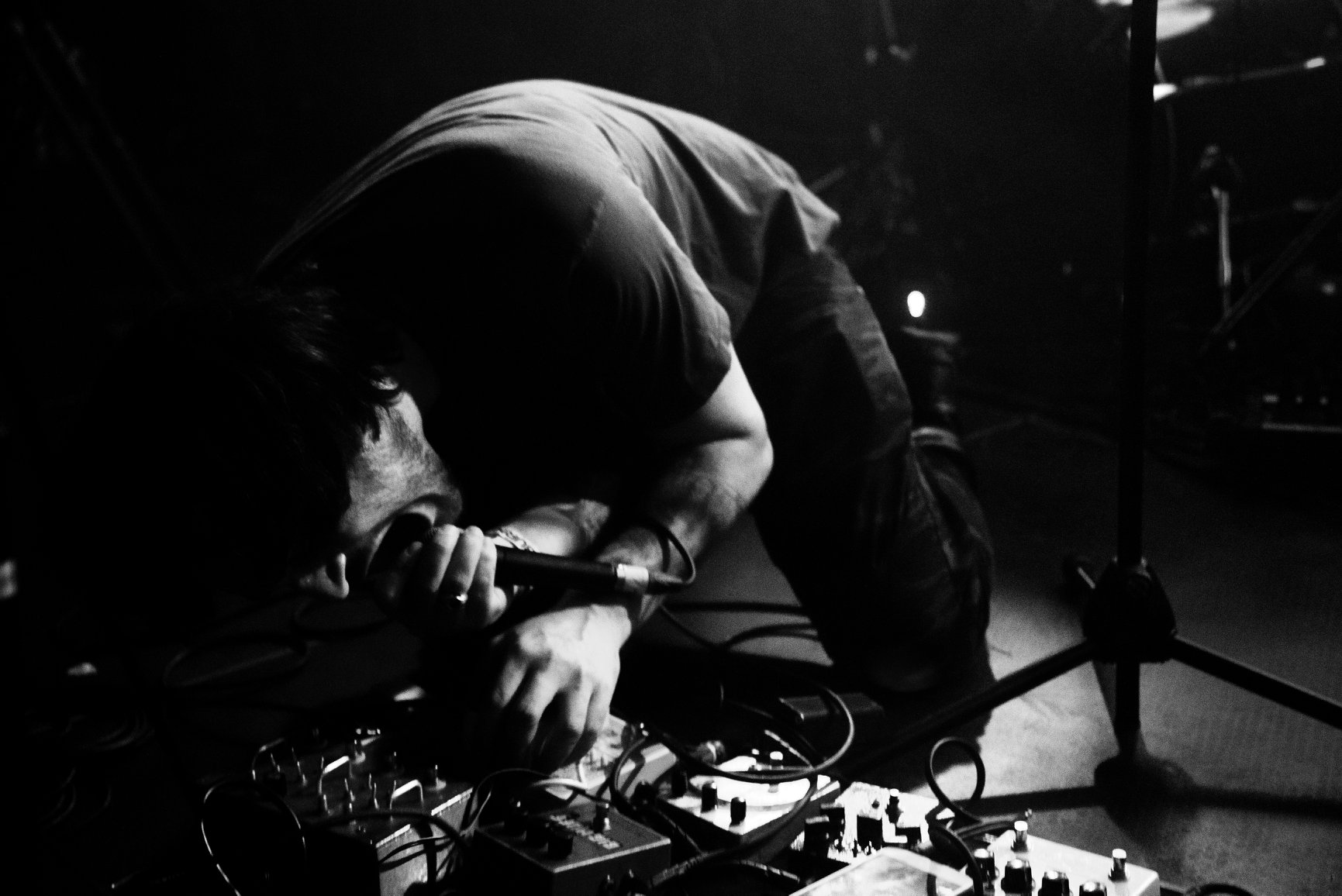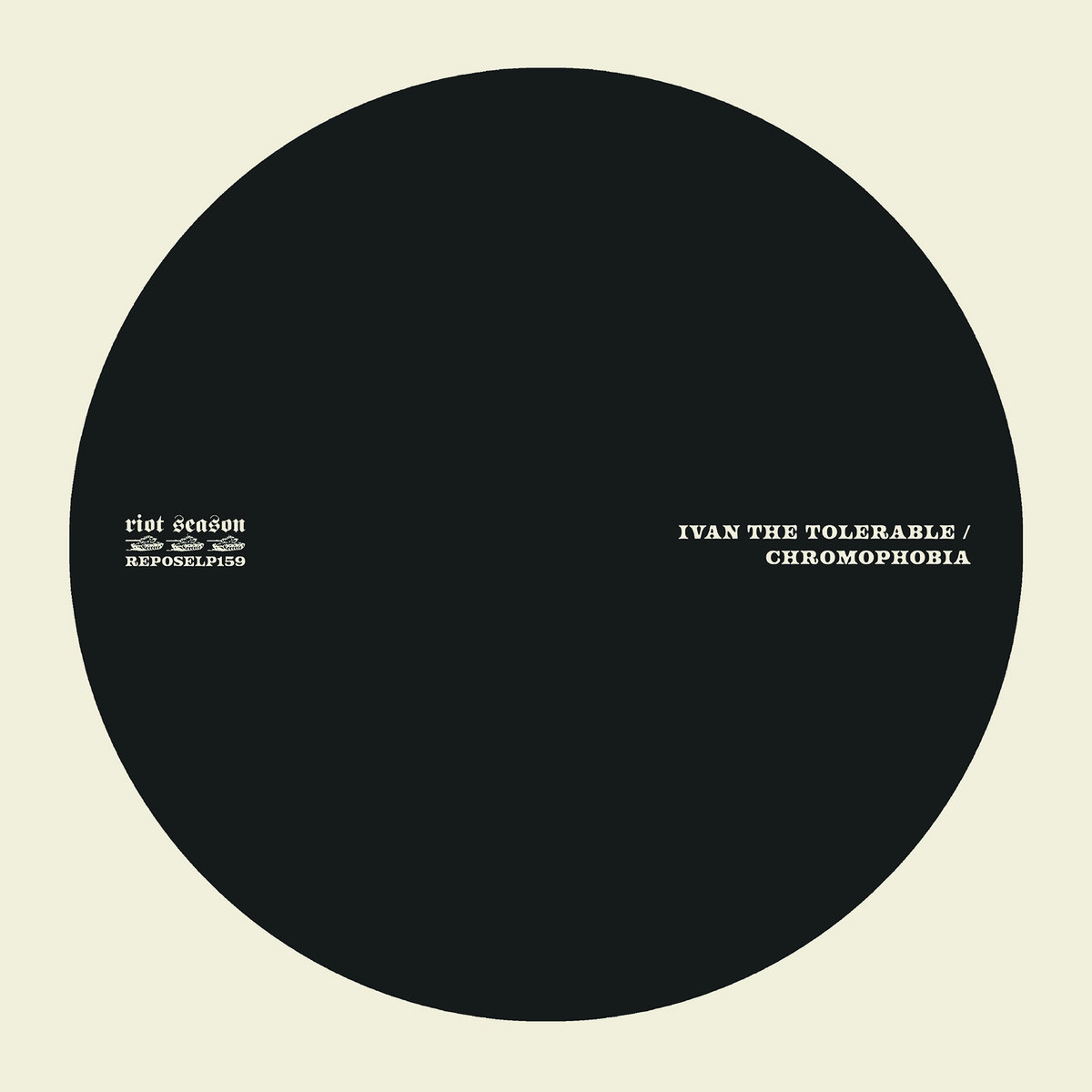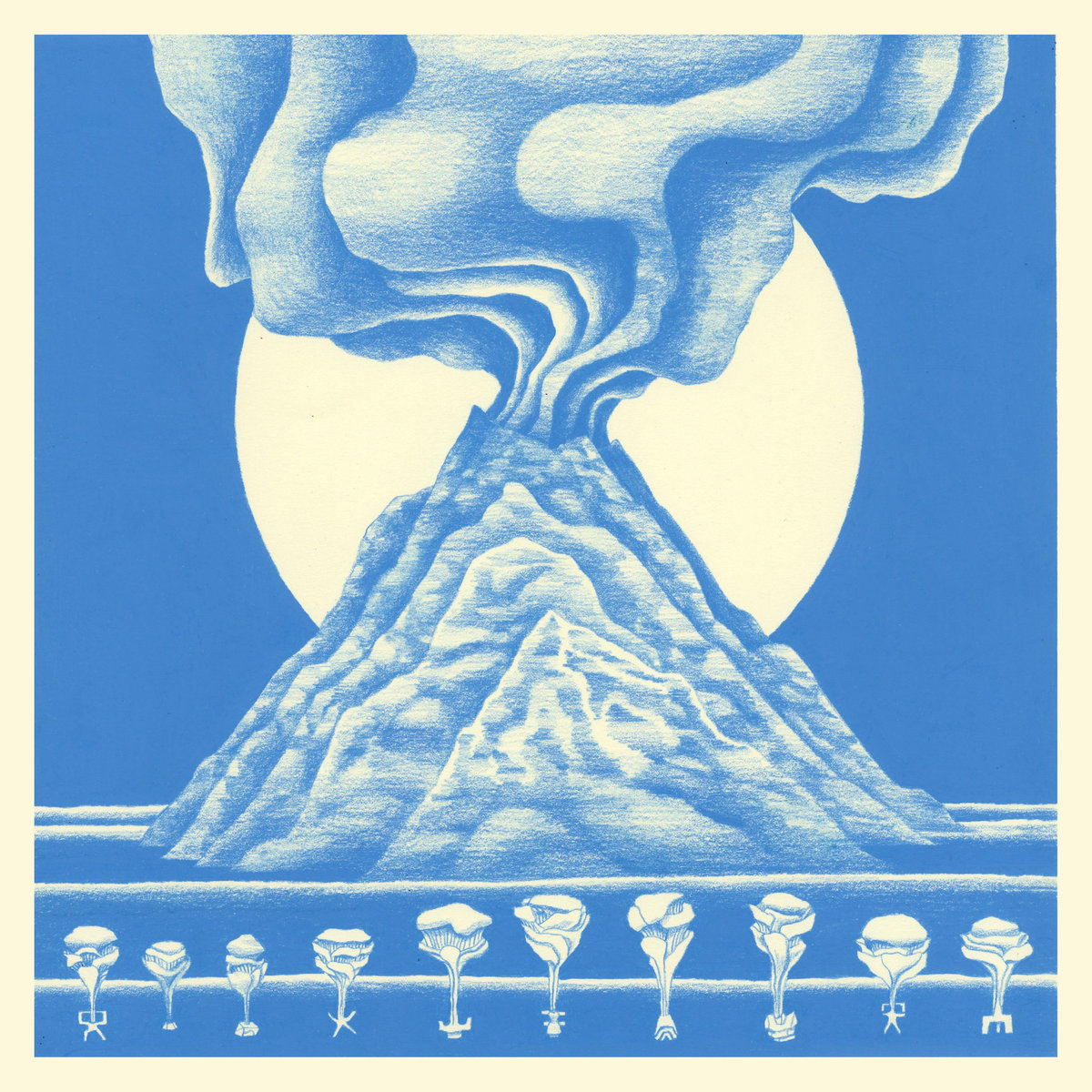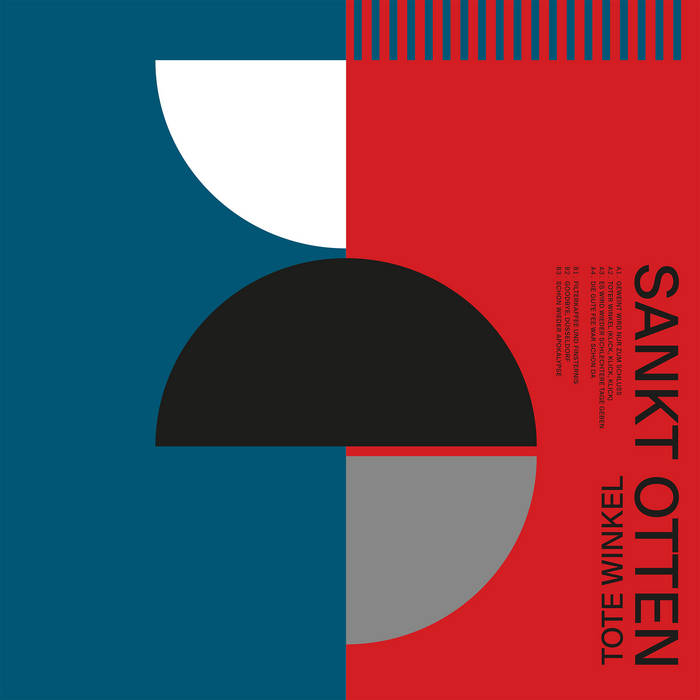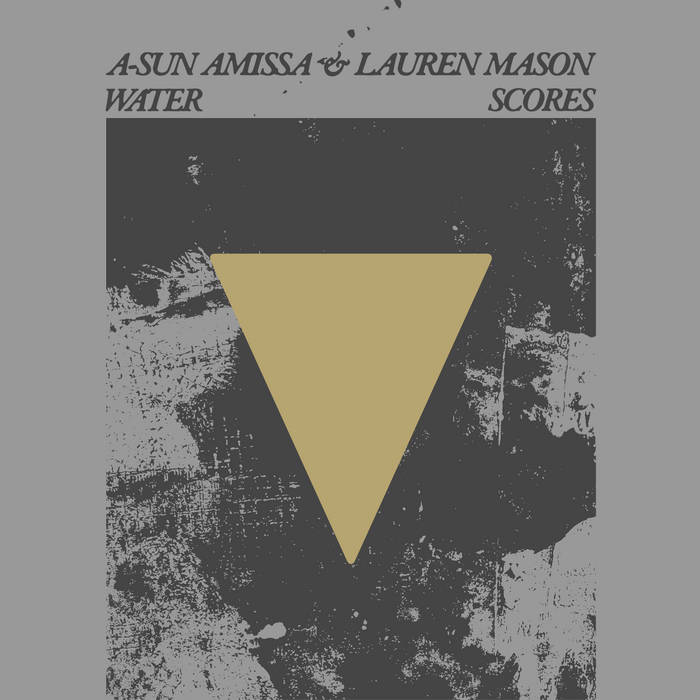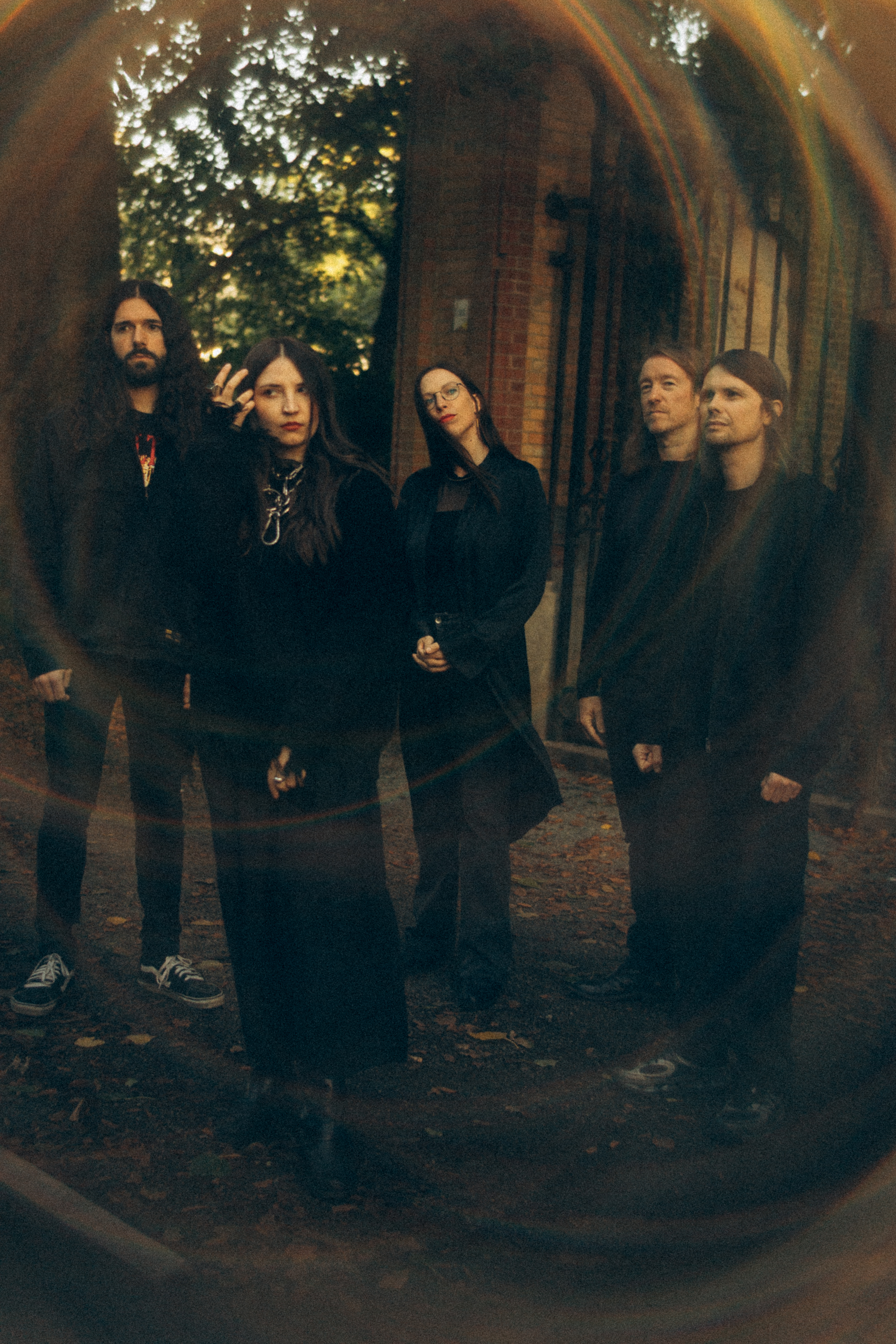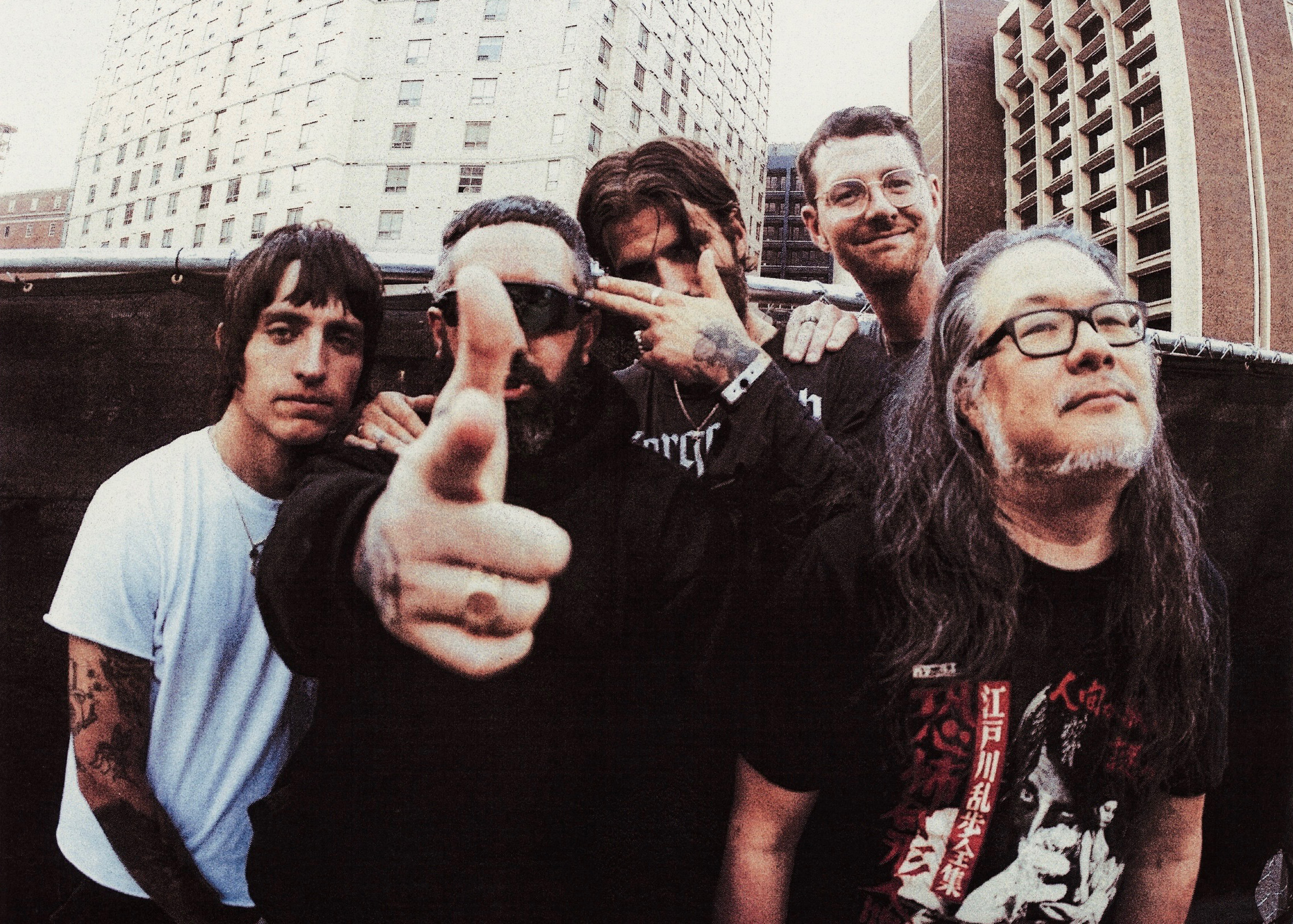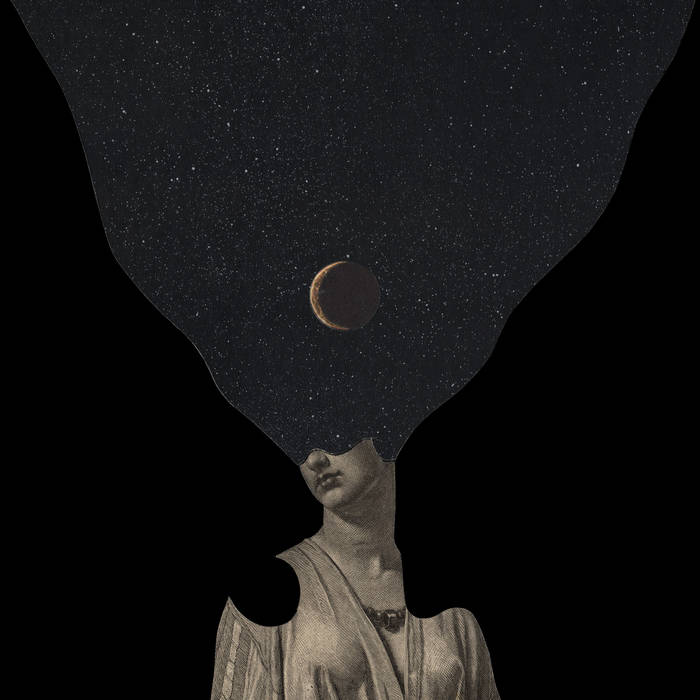Don’t judge an album by the first eight of its nine tracks!
No wait, forget that, you can actually already get a good view over the instrumentation and general quality of Blood Quartet’s new release within its first fifteen minutes. This also isn’t one of those bands which wildly switches back and forth between impossible extremes. I hear what you’re saying: I should have saved up that opening line for a more fitting review! However the range through which the Spanish instrumental band is smoothly transitioning is still wider than you would necessarily expect.
One thing I always love while being confronted with genre fusionists is when I cannot really tell from which side they are initially coming. Of course putting “quartet” into the band name is an indicator of roots in jazz, where this practice just is much more common than in rock, but judging from the music alone it gets harder to locate Mark Cunningham (trumpet and guitar), Lluis Rueda (guitar), Kike Bela (Bass, analogue synth) and Marc Eugeni (drums) in one of these two supercategories. The constellation at hand with the trumpet as the lead voice of most tracks unavoidably makes you draw comparisons to Miles Davis, which obviously is always a plus, but doesn’t really help you, if you’re keen to put the Blood Quartet in a stylistic box. Because if you’re looking at Miles’ electric phase recordings like Agharta, Dark Magus or Get Up With It you cannot confidently say that you’re listening to a rock or rather a jazz band at all times either, right?
Luckily, this technicality doesn’t matter anyway, because the gateway to Root 7 shouldn’t be what style you’re most acquainted with, but which mood you’re willing to indulge in. This album tells a noir story set on the Iberian peninsula. It could be a crime saga; secret midnight gatherings of the underworld in wine cellars. It could be a Western; the hero being blessed by the minister of the solitary chapel, before riding out into the world on the back of his faithful mule before finding himself in a duel to the death in the desert. You could also see a coming of age story in a period setting here. All is possible, that’s the beauty of free imagination. The story will have some dark twists and miss a happy Hollywood ending though.
Yet since you’d be justifiably underwhelmed by a music review just giving you an orientation this vague, here are some selected referential cornerstones:
Apart from the aformentioned Miles smiling from above some of the tracks definitely evoke The Kilimanjaro Darkjazz Ensemble, Jason Köhnen’s following projects or other doomjazz artists inspired by them like German post rockers Radare. The distorted bass in “Tempo de Silencio” even opens the door to doom metal a crack. On the other hand there are also more upbeat psychedelic rock jams like “Angel of the Odds” with twangy clean guitars in the vein of bands like Hills or Kungens Män, with only a very subtle hints of jazz attached to them. Similarly understated are the North African Arabisms and Kayo Dot-ish avantgardisms sprinkled over the whole running time. While being the shortest cut with just three and a half minutes “Blood Grove” may be the most obvious summary of all these elements.“Sanctuary” has a similar effect and buries itself even deeper into your mind’s ear with its expressive oriental main guitar lick.
Occasionally, the band is completely falling into free form. The “Myths of the Near Future” are gently gliding above bubbling noises, “The Gus is Loaded” sounds as if the trumpet is improvising over three different Naked City-tracks being played at once, while the the finale “Dimensions of a Shadow” is rather an atmospheric sizzling out into gloom to the closing credits.
Root 7 may not be an album which screams out at the top of its lungs from afar to get your attention, but once the record has captured it, you will be rewarded with a rich potential of repeated listenings without sacrificing any of its initial fascination. Or to speak in self-proclaimed expert terms: This Blood Quartet is just damn bloody good.

